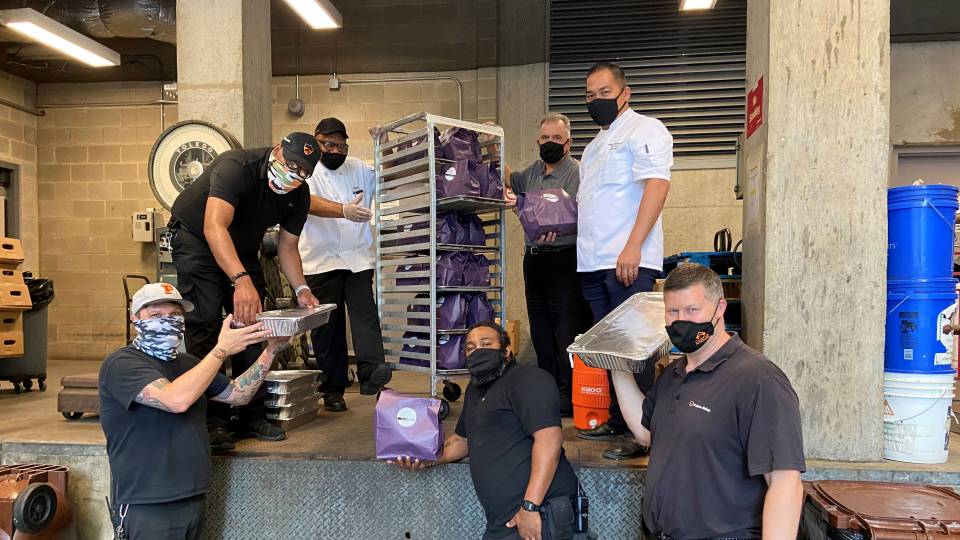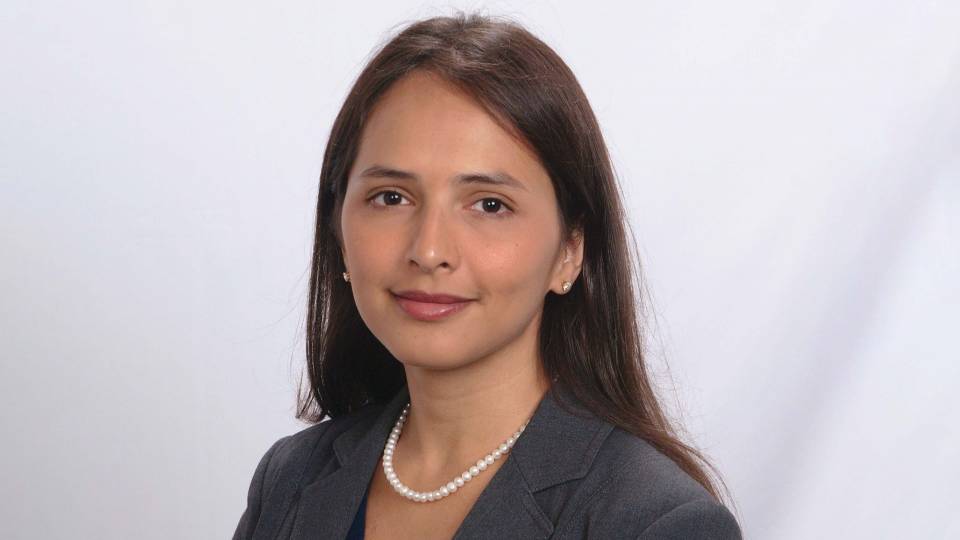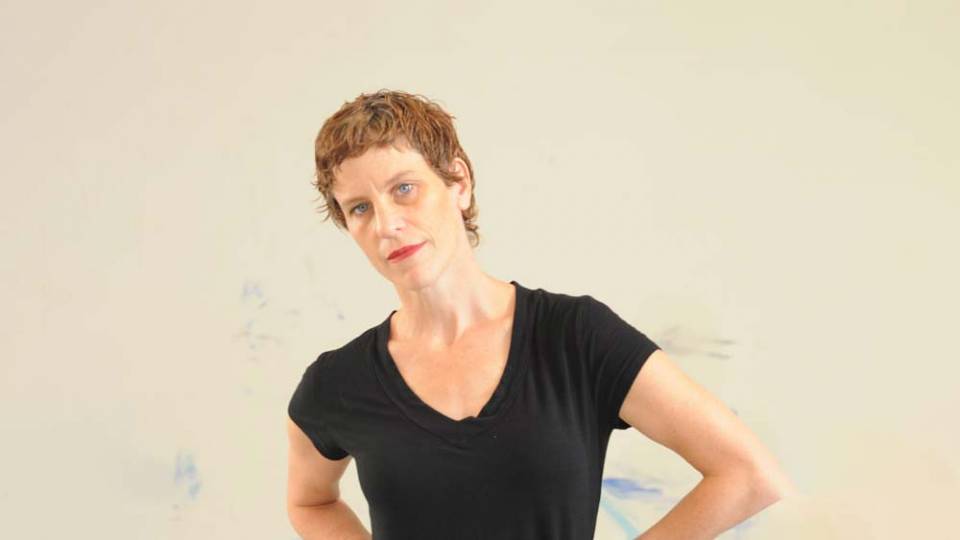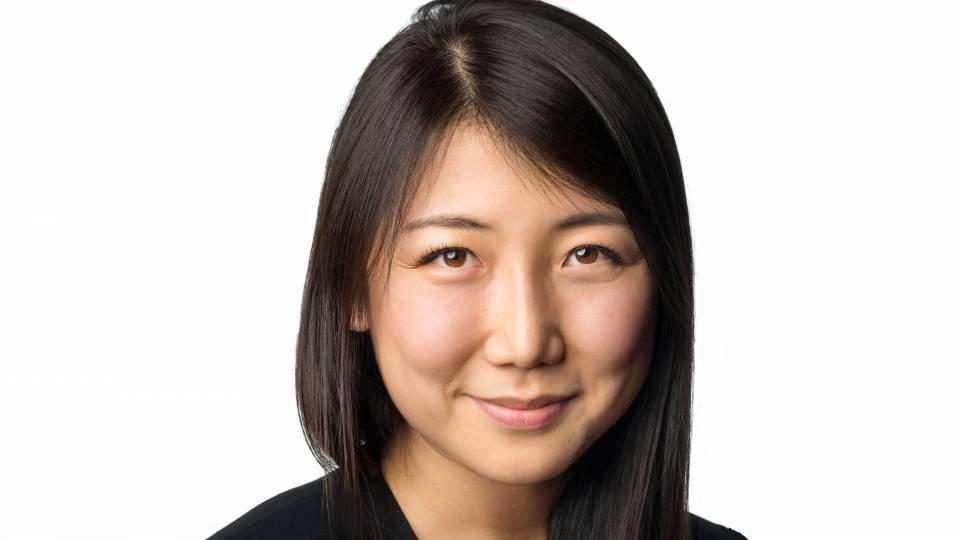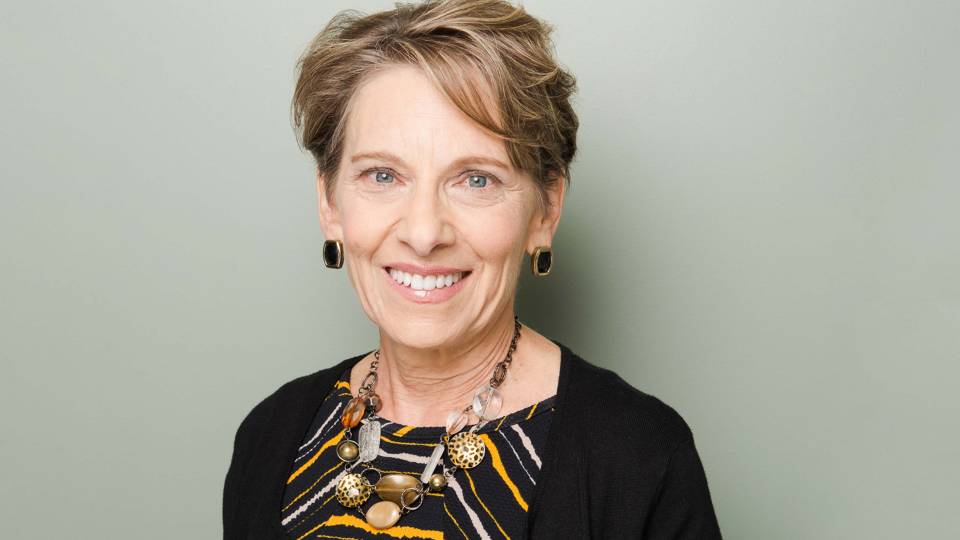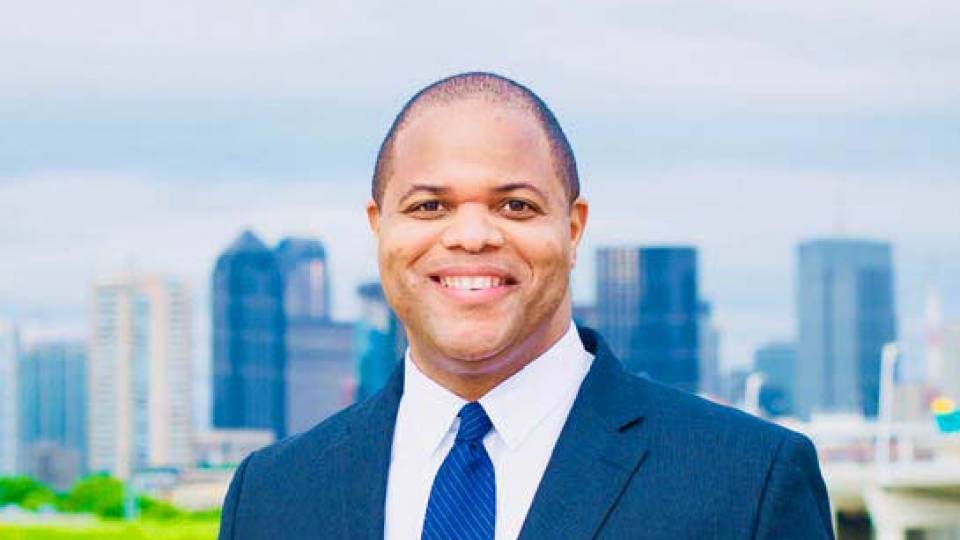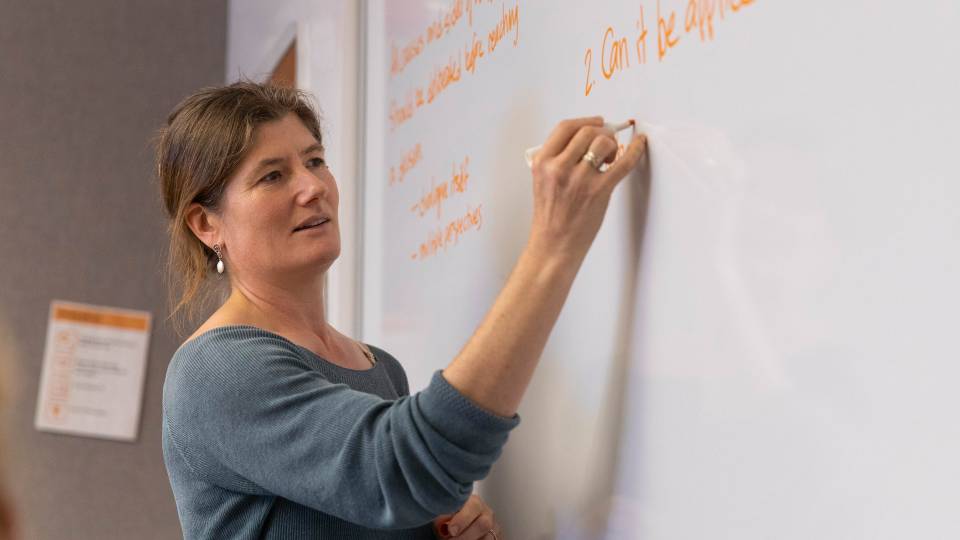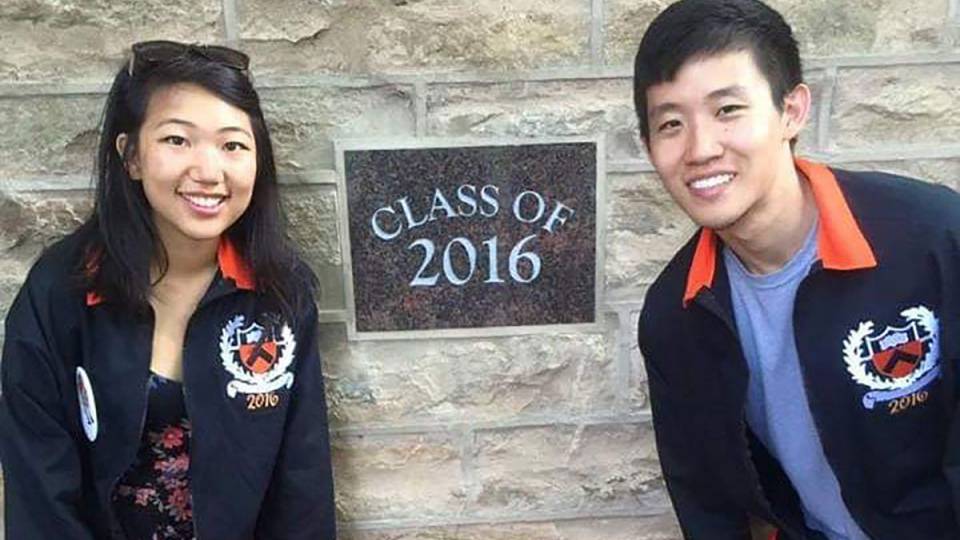“Many museums are facing, frankly, existential crises,” says the director of Princeton’s art museum in the latest episode of the “We Roar” podcast, a series of brief reflections from Princetonians confronting the multifaceted challenges of the coronavirus pandemic.

James Steward
“It’s been estimated that as many as 30% of the museums in the United States won’t survive this,” says James Steward, the Nancy A. Nasher-David J. Haemisegger, Class of 1976, Director of the Princeton University Art Museum and lecturer with the rank of professor in art and archaeology.
He says museums whose buildings remain shuttered are searching for digital alternatives to the “in-person experience of the hand of the artist.” Princeton’s own art museum had a leg up on this, he says, as their upcoming construction project had meant that their staff had already been working on ways to digitize their offerings, such as their weekly “Late Thursdays” evening programs.
“Most of us that are ‘collecting institutions’ really privilege the experience of works of art in the original,” he says. The University has a collection of more than 100,000 works of art from antiquity to the present, and last year it welcomed more than 200,000 in-person visitors.
“When it became quickly clear that we were going to not be able to allow visitors to come into our galleries,” he says, “we had to pivot very quickly to thinking about what alternative value might look like, how to create digital opportunities that have legitimacy in their own terms.”
The present moment is also inviting the museum world to consider access in another way — how their staff and visitors have long been more privileged than the general public. “We have to double-down our commitment to the continuing diversification of our collections … of inviting more voices to the table, of maybe even, in the academic environment, expanding our definitions of what expertise looks like,” he says.
“One very pragmatic step I’d like to take is to create a new corpus of early professional roles within our museum that would be paid, professional jobs that afford early professional experience for individuals of color, for first-generation college students, for others who are maybe not fully represented in the museum field writ large.”
He adds: “COVID is a disease that does not attack with equity, shall we say. And so it has reminded me that I think we, as a museum, have to grapple with the equity question in a somewhat different set of ways, than we might have imagined six months ago.”
“We Roar” episodes are available on YouTube, Apple Podcasts, Google Podcasts, Spotify and other podcast platforms.
